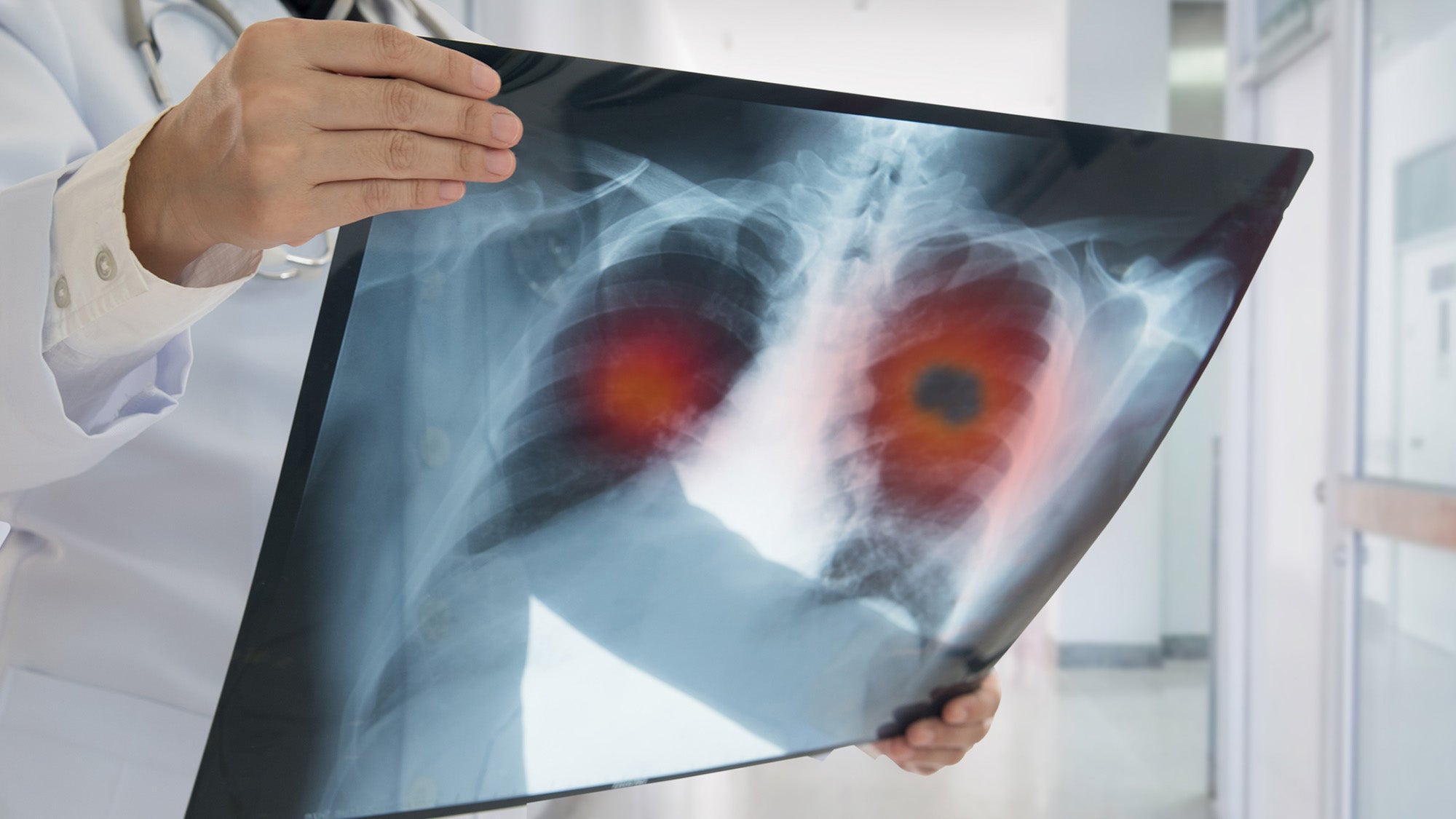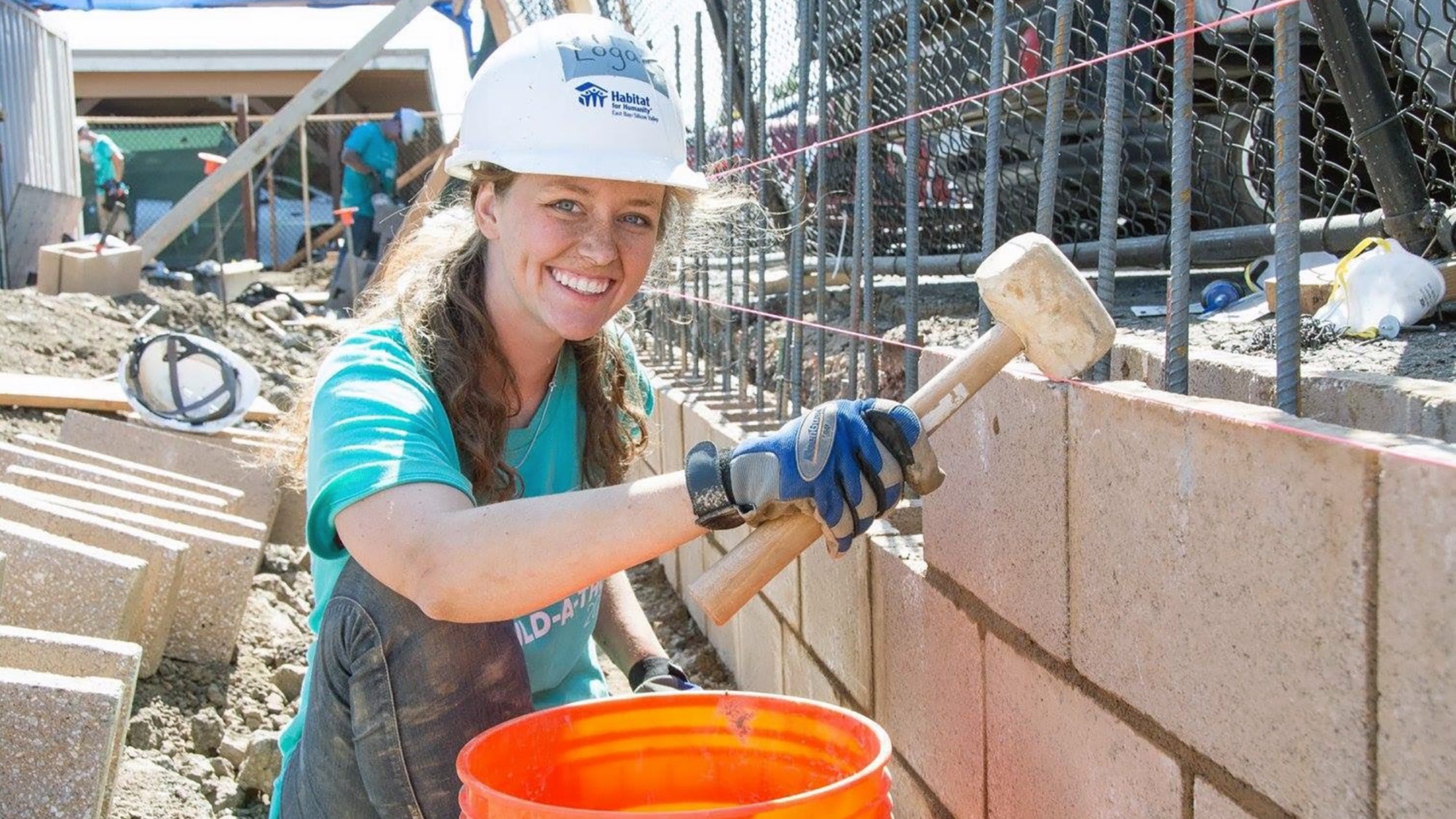Anais Roque

Assistant Professor
Environmental Social Systems Division
Nicholas School of the Environment
Duke Universit, Durham, NC
anais.roque@duke.edu
Fellowship Project: Food, Energy, and Water Insecurity in the Context of Compounding Disasters
Dr. Anaís Delilah Roque Antonetty (she/her/ella) is an environmental social scientist and disaster anthropologist that studies resource insecurity and health in the Anthropocene. Currently, her research agenda is interested at how households and communities experience, prepare for and respond to food, energy, and water insecurity in the wake of a hazard (e.g., geophysical, climatological) or disaster. Dr. Roque is also interested in the health outcomes of such experiences and the extent that strategies to address insecurity shape pathways to better or worse health. Trained as a mixed methods scholar, Dr. Roque has used interviews, survey, photovoice, social network, secondary data, participatory mapping, amongst others in her research. Inspired by scholarship that embraces diverse epistemological approaches, Dr. Roque is part of several interdisciplinary and transdisciplinary teams that advance research at the intersections of environmental behavior’s, community resilience, social vulnerability, climate equity and justice, and community-based collaboration. She conducts research in Puerto Rico, Phoenix (AZ) and the U.S. Mexico Borderlands.
This project focuses on examining the interconnected challenges of food, energy, and water (FEW) insecurity within the context of compounding disasters, as emphasized in the recent Intergovernmental Panel on Climate Change AR6 Report. The convergence of climate-related and non-climatic hazards, such as hurricanes, earthquakes, and pandemics, along with existing vulnerabilities, can lead to cascading impacts across FEW systems, profoundly affecting household health and wellbeing. In non-declared disaster contexts, household (in)security in these areas is linked to adverse health outcomes, including malnutrition, emotional distress, respiratory illnesses, and compromised decision-making due to resource scarcity. With climate change and disasters exacerbating these threats, particularly in regions like Puerto Rico, which faces significant challenges in water and energy infrastructure, food import dependence, poverty, and public debt crises, the study aims to explore household experiences with FEW insecurities and their perceived health effects. By understanding the nuances of FEW insecurity within disaster contexts, the research seeks to inform emergency management and public health response policies to mitigate associated health risks and enhance community resilience.


